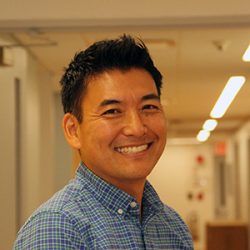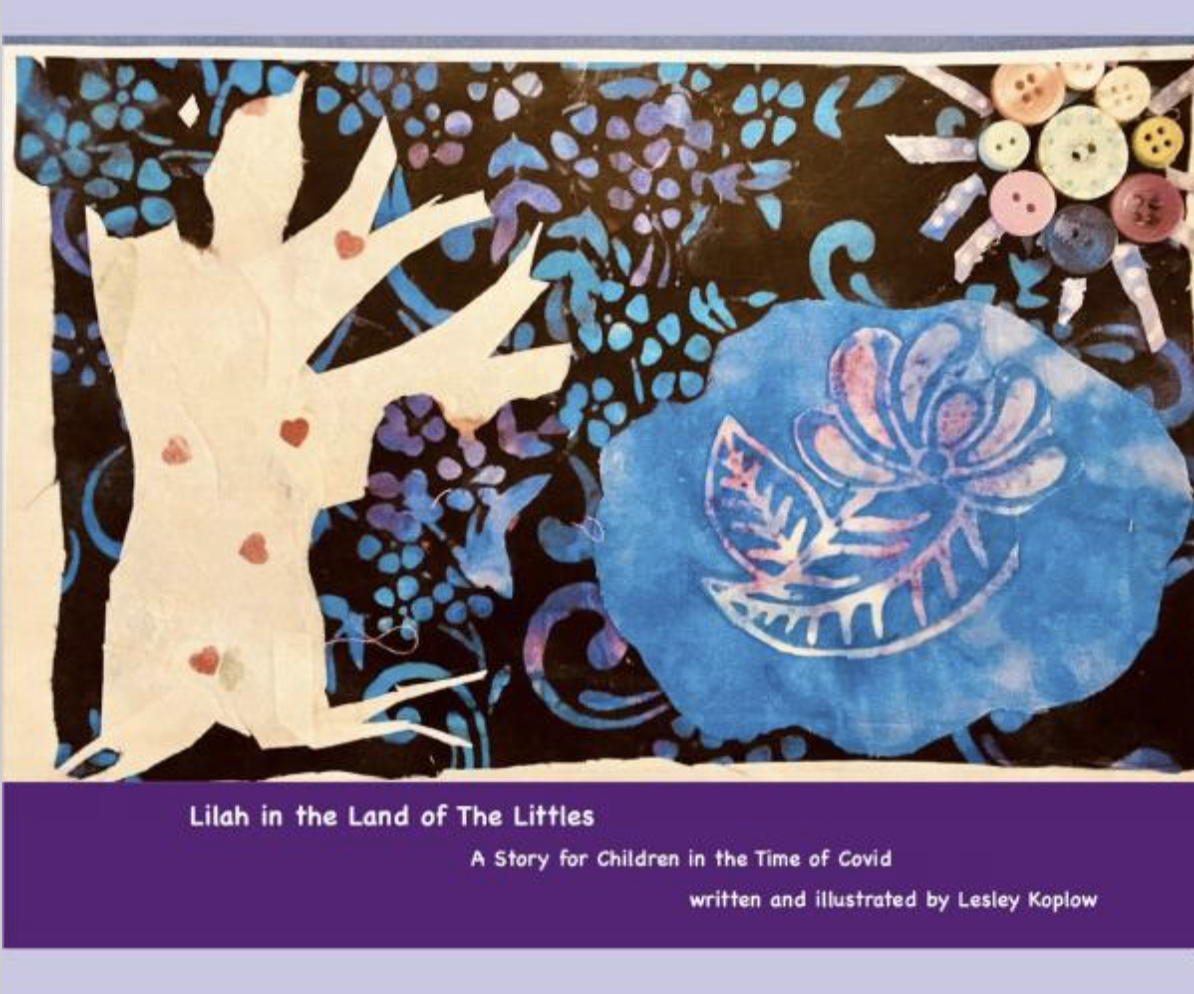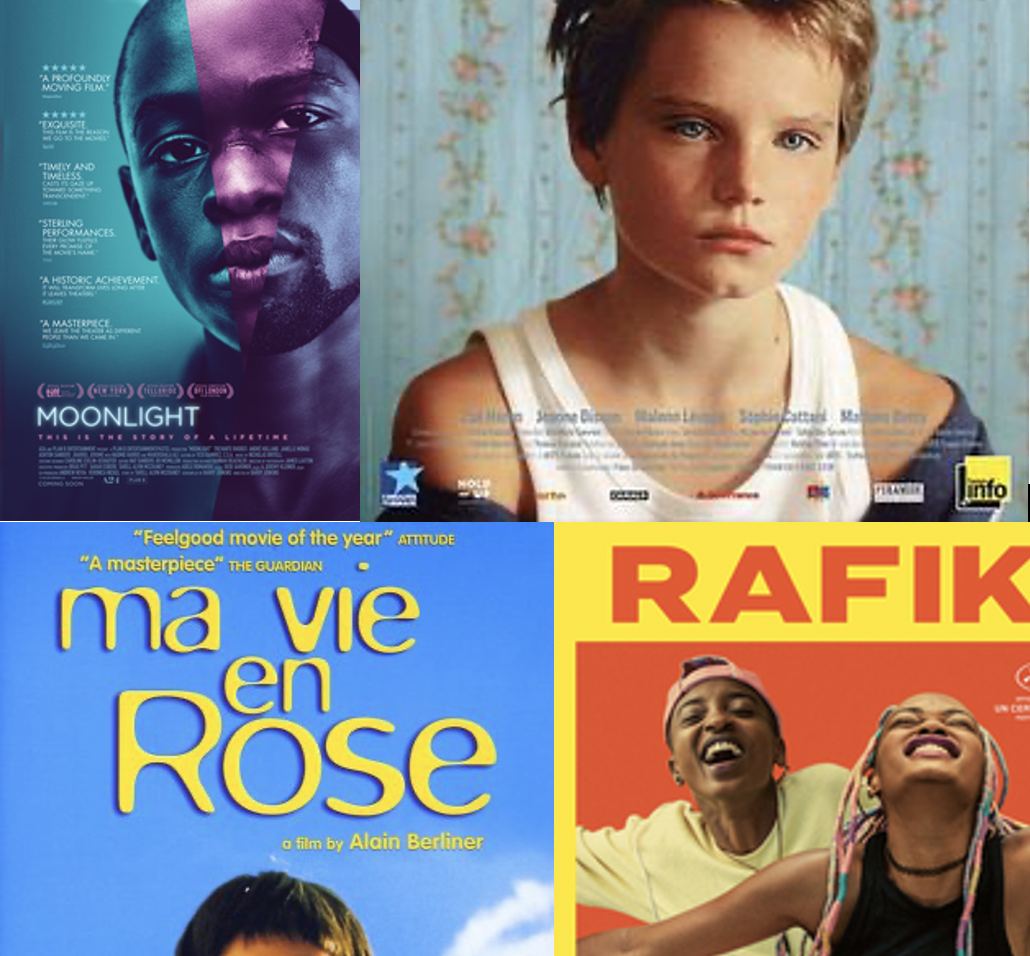The New York City Early Childhood Research Network is a project of the New York Early Childhood Professional Development Institute. The Network brings together researchers, practitioners, and policymakers to collaborate, share knowledge, and generate actionable research. Researchers in the Network represent public and private universities in the metropolitan area as well as individuals from a variety of disciplines and research and practice backgrounds. Their work is instrumental in developing policy for young children. The Research Network invited some of its members to share about their career paths so far, and their future plans. The hope is to showcase the wide range of journeys taken by scholars in our field of early childhood.
Mark Nagasawa, Straus Center for Young Children and Families, Bank Street College of Education
Early childhood runs in my family. My mom started out volunteering in my classroom because I was struggling, then became an assistant in Head Start, got a CDA, and eventually became a lead teacher. I got to hang out in her classroom before and after school, where I could help with her afternoon class. I also owe a debt to my aunt for caring for me in her family child care – and for teaching me how to care for younger kids. My older sister, who played a large role in my upbringing, also became a Head Start teacher. It was really no surprise to anyone when I became a preschool teacher too.
Even though I am a long way away from those early experiences, what they (and my colleagues, children, and their families) taught me continued to guide me when I found myself working in a governor’s office, state department of education, and in graduate school (where I never thought I would be because of a love-hate relationship with school). Now that I am a researcher, every time I plan a study or write up my research, I ask, “What would Lolie and Mary [two of my mentor teachers] think about this? What would my DOE mentor, Rita, say? Would they call BS on me?” Even though I know that I am not always successful at bridging the distance between where I am now and my friends who are still in classrooms, leading programs, and working on systems change, I will never stop trying to both listen to teachers, kids, and families and to find ways of amplifying their voices and perspectives through my work.
I am getting to do this at Bank Street College of Education, where I arrived in 2019 to build the Straus Center for Young Children & Families, an applied research center focused on practice oriented, policy relevant, and equity committed research – and then the COVID-19 hit us. As I worried over my partner and oldest child who had serious cases in March, I kept thinking, “What else can I do? I don’t do the kind of research we need right now.” Luckily I had recently met the Institute’s Sherry Cleary and Kate Tarrant, who were already planning a survey of how early childhood educators were doing – because lots of attention was being paid to children and parents but not so much teachers. We decided to work together.
What we learned was unsurprising but important for decision-makers to know: folks were under tremendous strain. They were scared and confused, many had been directly touched by the pandemic, many were learning how to teach online while parenting children who were also going to school online. Others were navigating Unemployment Insurance, the Payroll Protection Program, and an overwhelmed health care system. But we also heard stories of creativity and professional commitment: learning how to use technology, reflecting on their craft, developing deeper relationships with families, sending activities and learning materials home, volunteering to deliver food, and administrators making trauma informed decisions to support their staff (like taking into consideration emotional, financial, health, and family needs into how their programs were responding to the crisis).
This study, and the growing public pressure to reopen ECE and schools, really highlighted for me the importance of raising questions about how educators’ holistic well-being is being meaningfully considered. Therefore we are currently preparing a follow-up study, again with the PDI’s assistance, to learn not only about how folks are doing a year later but also to hear about their key lessons learned and recommendations for what New York City’s post-pandemic ECE system should look like. This will involve a broad survey of the city’s early childhood educators with in-depth follow up interviews with teachers of color, given the pandemic’s disproportionate effects on communities of color and long unaddressed inequities in ECE. Our hope is to bring what we learn from the study’s participants to policy decision-makers, advocates, and educators through blog posts like this one, presentations, reports, and conversations to not just discuss implications but to consider concrete actions that must be taken, for we suspect that when educators are supported to be their best professional selves, they may be more likely to be effective in their work with children and families.
Mark Nagasawa collaborated with Kate Tarrant (Director of Research and Evaluation at the Professional Development Institute) on research to better understand the impact of the COVID-19 Pandemic on New York’s early childhood workforce. You can read more about this research here: https://earlychildhoodresearchny.org/archive/new-york-ece-workforce-survey-understanding-the-impact-of-covid-19/



